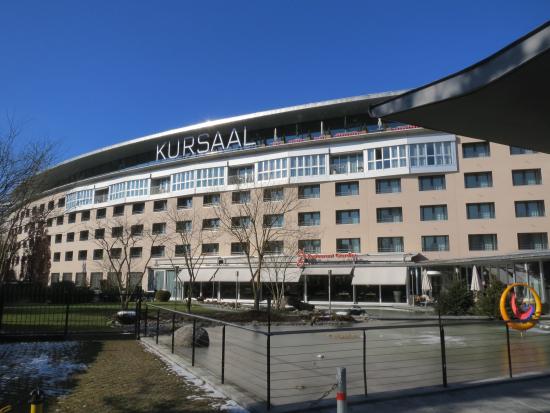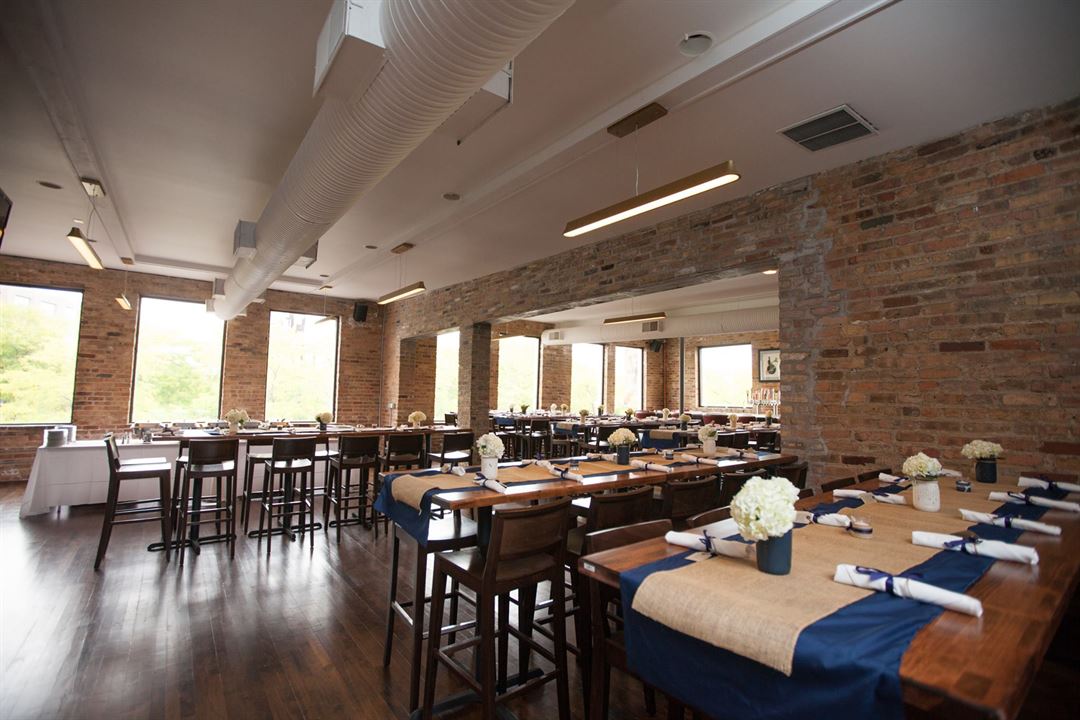Bern is the capital city of Switzerland and is located in the western part of the country. The economy of Bern is heavily dependent on the service sector, which employs the majority of the population. The city is a hub for insurance, banking, and financial services. Additionally, Bern is home to several international organizations, including the World Health Organization and the International Red Cross, which also contribute to the local economy.
The government of Bern operates as a democratic federal republic and is divided into three branches: legislative, executive, and judicial. The legislative branch is responsible for creating laws and is made up of two chambers: the National Council and the Council of States. The executive branch, which is headed by the Federal Council, is responsible for implementing laws and policies. The judicial branch, which is made up of federal courts, is responsible for interpreting the law and resolving disputes.
In addition to its role as the capital of Switzerland, Bern also serves as the seat of the Canton of Bern, which has its own government and administration. The canton is responsible for providing services such as education, health care, and transportation to its residents.
Overall, the economy of Bern is strong and the city is well-run with a stable and efficient government. These factors, along with the city's rich history and cultural heritage, make Bern an attractive destination for both residents and visitors alike.












